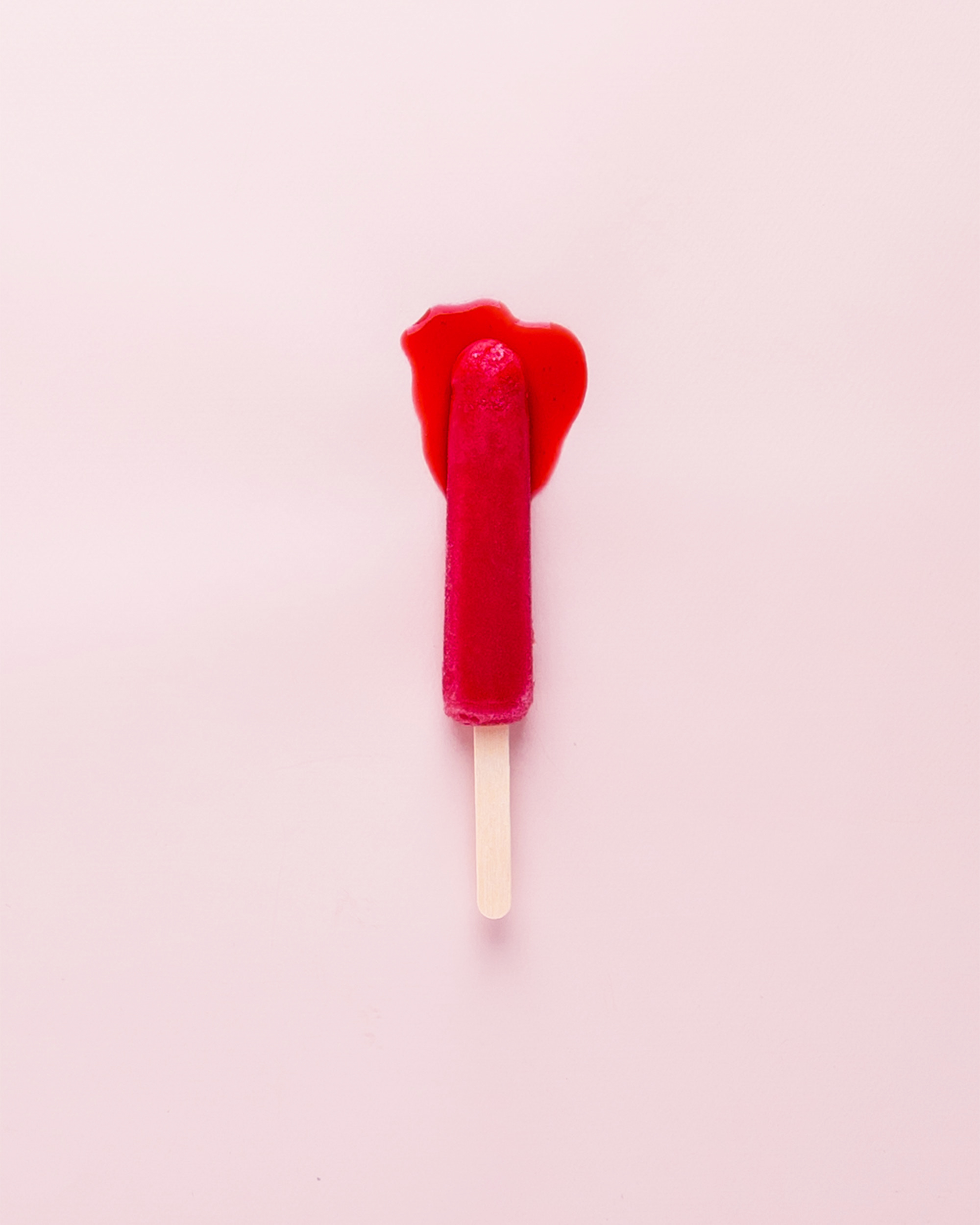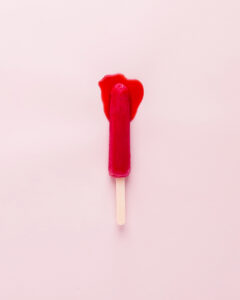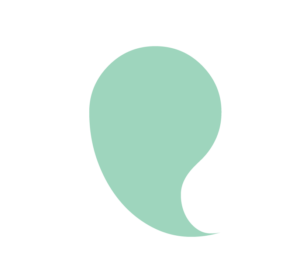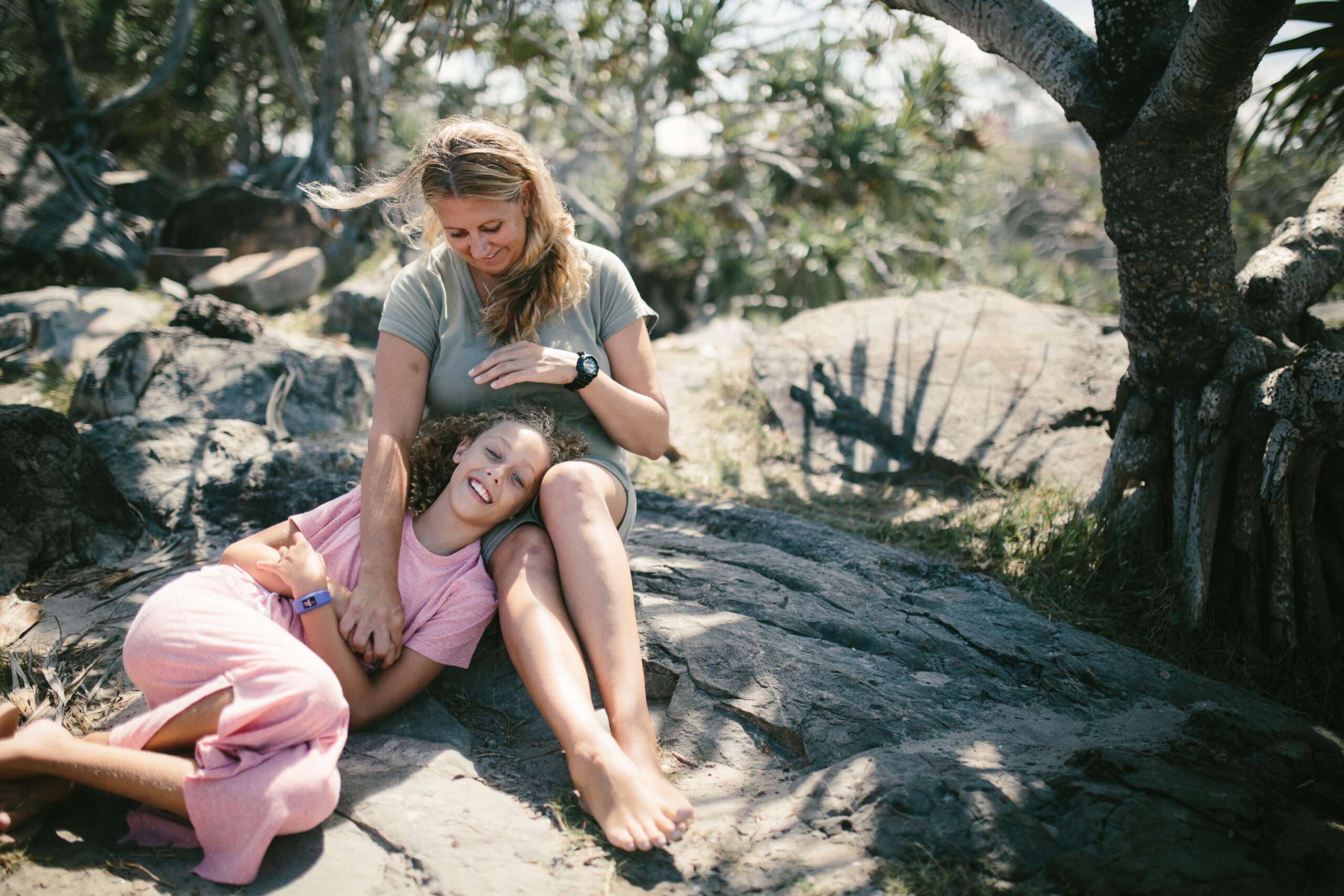

Modibodi Period Underwear Review
I’ll admit it, I was sceptical. Would I need to change undies every few hours, and how was the laundry going to go?
I’m happy to report, my experience with Modibodi has been nothing but positive. I currently have the Classic Bikini, heavy absorbency, which holds 15-20 ml, or approximately 2 tampons worth. The fabric is really soft, and the fit is true to size. Yes, you can notice the extra bulkiness in the crutch, however it didn’t feel as bulky as a pad, and I soon got used to it. For my first few cycles I only wore them on my lighter days, toward the end of my period, as I really wasn’t sure how they’d go. I found I could wear them all day without any signs of leakage, odour, or a wet feeling. I’m a menstrual cup user on my other days, and occasionally I’d wear them both together.
The real test came when I wore them on a “just in case” day. My cycle can be anything from 23 – 27 days, so when I feel I’m getting closer, and I’m going to be in a place I can’t get to a toilet quickly, I’ll wear them, just incase. This was the day I was about to photograph a wedding. I called into a cafe for a coffee on the way, (literally left home 15 minutes earlier), popped to the toilet for a last minute wee, and Hello, there she is! I didn’t have anything else, so knew it was going to be a good test.
The first day of my period is always the heaviest. If I was a tampon user, I’d easily go through 3-4 tampons. I had my telltale first-day cramps, but throughout the day I kept wondering if I actually did have my period or not, as I felt so dry! I was a little paranoid, so I went to the toilet more often to make sure there was no leakage, all-the-while wondering why I didn’t feel wet. My period was definitely there, definitely it’s normal flow, but these undies worked so damn good, I hardly even noticed the bleed! I was amazed by how dry they felt on me.
Thirty minute travel, 6 hours of shooting, a 40 minute drive home and I still felt dry with no leakage. I was super impressed!
Now I alternate between my cup and my undies, often opting for my undies at night and on the lighter days of my period. I have zero concerns over leakage.
I’ve also resorted to wearing my modibodi undies on other days. Since having three children, light bladder issues have come up when I’m really busting, despite my Doctor being impressed with my pelvic floor strength during my recent Pap test. Wedding photographers can go for hours without toilet breaks, or sometimes be nowhere near a toilet! Yep, it’s happened before! Not a full on wet my pants situation. But you know, you get to that point when you’ve been holding on long enough, your mind knows you’re actually on your way to the toilet, you’re literally 20 meters away, and a little bit of wee has to escape.
Come on! Tell me I’m not the only one! So when I’m shooting weddings, which can be 6, 8 or 10 hours, I’ll wear my modibodi period underwear to ensure there’s no wee time (pun intended) where I get stuck and can’t get to the loo quick enough. They have saved me!
So How does Modibodi work?
I recently got in touch with the lovely team at Modibodi and asked some pressing questions. Here is all you need to know for you or your girls.
Do they leak?
The underwear is designed with different absorbency levels. We have light-moderate, moderate-heavy and heavy/overnight, meaning ladies can pick out the absorbency that best reflects them. Customers who have chosen their best-fit absorbency level hardly ever report leakages. Depending on your flow, Modibodi Underwear can be a total replacement for disposal feminine hygiene products (panty liners, pads, tampons) OR can work in conjunction with them. It’s all about knowing your flow and which absorbency level suits you best.
Are they okay to use during sports and dancing?
They sure are! Mums have reported that our Seamfree range works really well under leotards (as they’re no VPL), and we’ve just launched our first pair of activewear leak-proof leggings too – perfect for sport! Here are the relevant links:
Modibodi Seamfree
Modibodi Activewear Leggings
Do you need to change them during the day?
It’s all about knowing your flow, and which absorbency level suits you best. Most of our customers report that they can stay in the same pair all day long (feeling dry and fresh too), and then they’ll slip into a new pair to sleep in if they want overnight protection.
How do you clean them?
We recommend a simple three-step process as follows
1. Rinse under cold water until the water runs clear
2. Pop them in the washing machine on a cold wash (they can go in with your other clothes on your usual laundry load)
3. Hang them out on the washing line to dry
Will they smell?
Our clever patented technology wicks the moisture away from the body and locks in the liquid and odour under the top layer of fabric, meaning you stay dry and odour free. If over time you feel like there’s a lingering odour, you can rinse them with a bit of white vinegar and it’ll get rid of any smells! If left soaking for more than a few hours, your underwear can end up smelling mildewy and musty. Same goes for storing your underwear in a damp place or sealed in a plastic bag for a long time. But don’t worry – all you have to do is add a little vinegar and wash again!
Modibodi have recently launched their youth range, RED, designed specifically for girls starting their periods and wanting to tackle their menstruation without having to use disposable environmentally-damaging period products (or simply wanting to avoid that awkward pad-unwrapping in the school toilets!). You can take a look at the RED range here
Beyond The Cusp Workshops show a great range of Modibodi period underwear, including Seamfree and the Red range. The girls love being able to touch and feel them, and even give them the liquid test to see how they work.
If you’re considering trying some Modibodi period underwear for either yourself or your daughter, I have a special 15% discount code for you.
Click here and Use Coupon Code MODIROCKS at checkout. (Valid until 31/01/2020 Excludes packs, Limit one per customer.)
*This post includes affiliate links that, if purchased earn me a small commission.


 3. Weight Gain: You might notice that she is getting chubbier. This is not only normal, but necessary for girls for sufficient amount of oestrogen to build up. This can happen just before puberty starts, or throughout the process. Around 16 she can go through another period of weight gain. Again, this is her hormones working themselves out, and things will normalise. As long as your daughter is active, eating well and having pain-free periods, this should not be of concern.
3. Weight Gain: You might notice that she is getting chubbier. This is not only normal, but necessary for girls for sufficient amount of oestrogen to build up. This can happen just before puberty starts, or throughout the process. Around 16 she can go through another period of weight gain. Again, this is her hormones working themselves out, and things will normalise. As long as your daughter is active, eating well and having pain-free periods, this should not be of concern.


 Talking with our girls about what is normal and healthy, and more importantly, how to be aware of what is going on for them, is vital for them as they get to know the changes in their body. Giving them the knowledge to know their bodies, understand what is normal for them, and trust that when their bodies show them different signs they will know something is up. These are all things I talk about in our workshops.
Talking with our girls about what is normal and healthy, and more importantly, how to be aware of what is going on for them, is vital for them as they get to know the changes in their body. Giving them the knowledge to know their bodies, understand what is normal for them, and trust that when their bodies show them different signs they will know something is up. These are all things I talk about in our workshops.
 Did you know that a girl’s first period is called menarche – mi-NAR-kee.
Did you know that a girl’s first period is called menarche – mi-NAR-kee.


 You may have started noticing changes within your daughter. The puberty changes like breast buds, hair growth and the white fluid stains in her knickers. If you find it a bit hard to raise the conversation you could start with a letter. I was raised primarily by my father. He was a man of few words, but when he had something important to let us know, we’d get home from school to a little letter and a chocolate on our pillow. I really appreciated those letters. I knew they had meaning and were important, and I appreciated him for it.
You may have started noticing changes within your daughter. The puberty changes like breast buds, hair growth and the white fluid stains in her knickers. If you find it a bit hard to raise the conversation you could start with a letter. I was raised primarily by my father. He was a man of few words, but when he had something important to let us know, we’d get home from school to a little letter and a chocolate on our pillow. I really appreciated those letters. I knew they had meaning and were important, and I appreciated him for it.